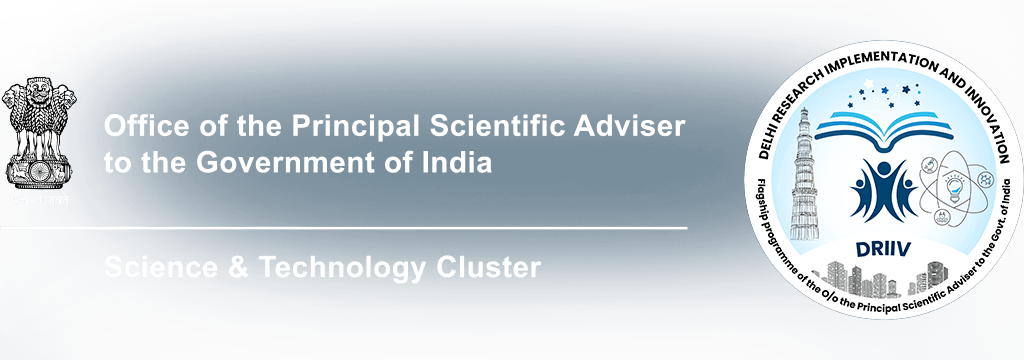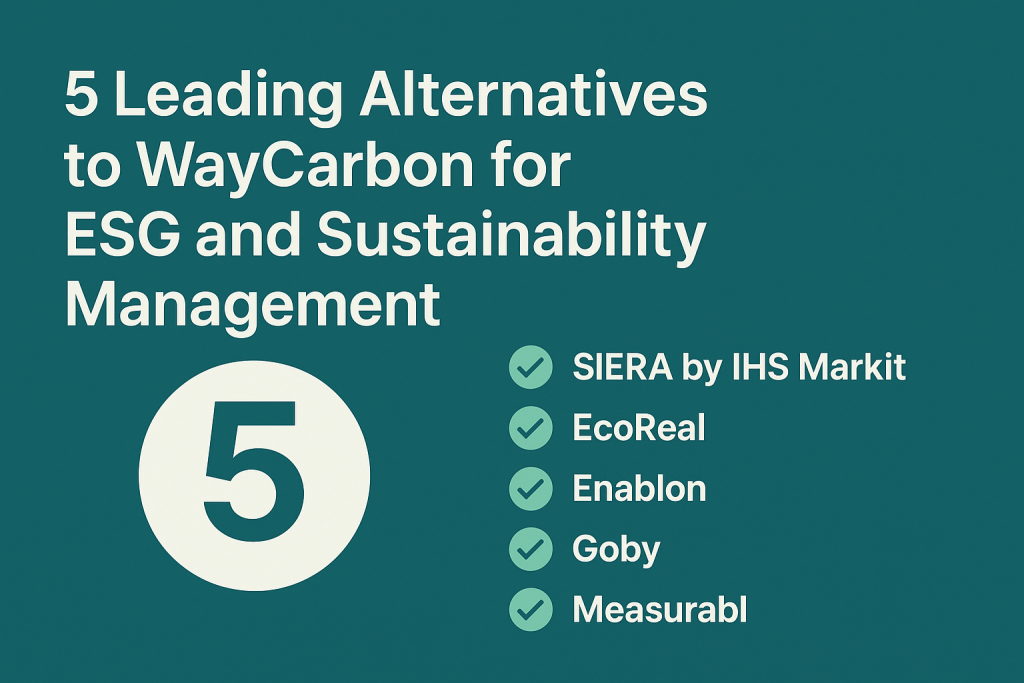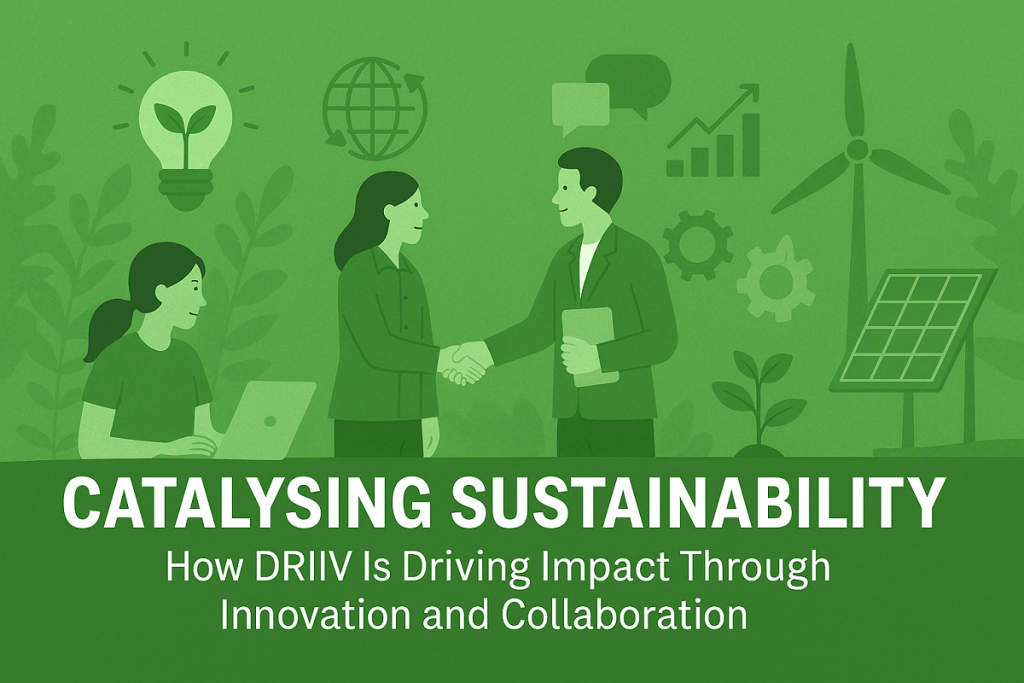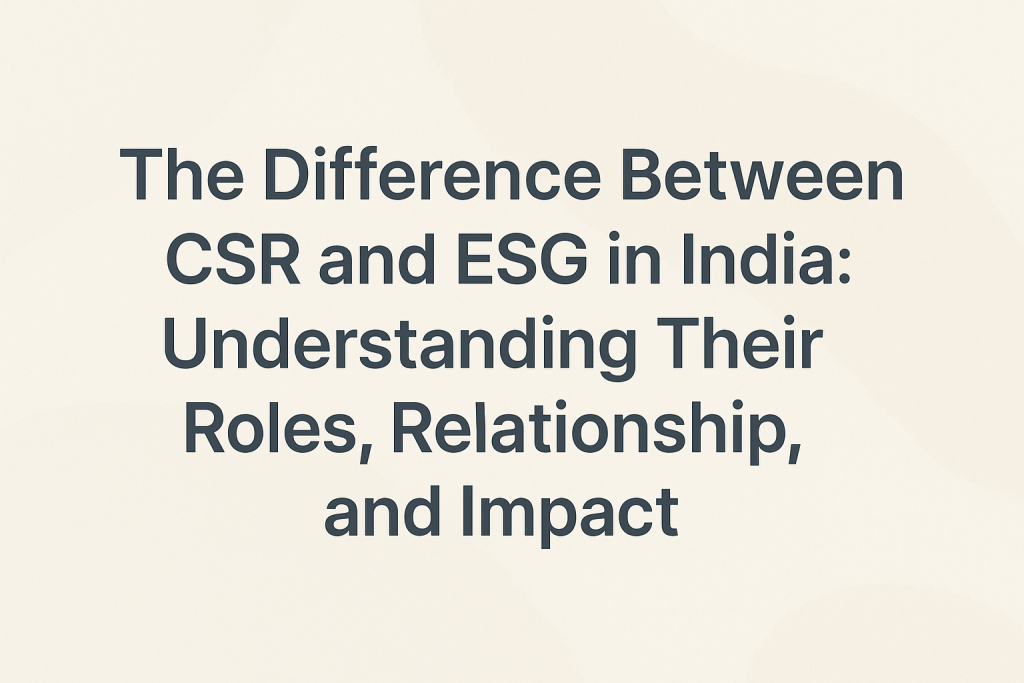In today’s business landscape, sustainability and corporate responsibility are not just buzzwords—they are essential for long-term success. Companies across industries are increasingly adopting strategies that align with ESG (Environmental, Social, and Governance) standards. These strategies often involve comprehensive tools and software to track and manage their ESG performance effectively. WayCarbon is one of the prominent players in this field, but several other platforms also offer robust solutions for managing CSR (Corporate Social Responsibility) and sustainability goals. In this blog, we explore five leading alternatives to WayCarbon that can help your business excel in Supporting CSR & ESG goals.
1. SIERA by IHS Markit: A Comprehensive ESG Reporting Solution
SIERA by IHS Markit is a powerful platform designed for sustainable development goals tracking and ESG objectives in business. The platform offers advanced features for carbon footprint management, renewable energy sourcing, and other essential sustainability metrics. Its real-time data analytics capabilities help companies monitor their ESG vs CSR vs sustainability efforts and generate accurate reports, aligning with global standards.
Key Features:
- Carbon accounting and reporting
- Global sustainability reporting standards
- Customizable ESG dashboards
- Best for: Businesses seeking an all-in-one solution for ESG data analysis and reporting.
2. EcoReal: Sustainability Through Energy Management
EcoReal is an energy management platform that focuses on sustainability goals related to energy consumption and environmental impact. It helps businesses manage their un sustainable development goals ESG by monitoring energy usage and tracking carbon emissions reductions. EcoReal provides data-driven insights to align CSR to ESG evolution and supports businesses in achieving their sustainability targets.
Key Features:
- Real-time energy monitoring
- Carbon emission tracking
- Reporting on energy usage and savings
- Best for: Companies looking to optimize energy usage as part of their ESG objectives in business.
3. Enablon: Comprehensive ESG and Sustainability Software
Enablon is a leading software for ESG and sustainability management, offering solutions that help companies achieve their Sustainable Development Goals and ESG. Enablon offers tools for environmental compliance, risk management, and supply chain sustainability. With its intuitive interface, businesses can manage the goal of ESG investing and integrate sustainability into every aspect of their operations.
Key Features:
- Sustainability performance tracking
- Risk management and compliance tools
- Customizable ESG reporting features
- Best for: Large organizations needing robust tools for managing complex ESG data.
Read More: The Difference Between CSR And ESG In India: Understanding Their Roles, Relationship, And Impact
4. Goby: Simplified ESG Management for Corporates
Goby is an easy-to-use platform designed to help companies meet their CSR & ESG goals. It is especially helpful for organizations looking to integrate sustainability into their financial planning. Goby helps track carbon emissions, water usage, and waste management while aligning with global ESG standards and reporting frameworks.
Key Features:
- Real-time sustainability data tracking
- Carbon and waste management
- Integration with financial reporting systems
- Best for: Companies looking for a simple, user-friendly solution for ESG and sustainability management.
5. Measurabl: Scalable ESG and Sustainability Solutions
Measurabl offers cloud-based ESG management tools that make it easy to track and report on Sustainable Development Goals and ESG. The platform is highly scalable, making it suitable for both small businesses and large enterprises. Measurabl simplifies ESG reporting and helps businesses align their sustainability goals with investor expectations and regulatory requirements.
Key Features:
- Real-time ESG data tracking
- Sustainability performance benchmarking
- Scalable solutions for different business sizes
- Best for: Businesses seeking scalable and customizable ESG tools.
- Conclusion: Finding the Right ESG Tool for Your Business
As companies continue to evolve their ESG strategies, finding the right tools to manage sustainability goals becomes crucial. Whether you’re focusing on Supporting CSR & ESG goals, or aligning with the goal of ESG investing, the platforms listed above offer diverse solutions that can help you track, manage, and report on your ESG effortsEach tool has unique features that cater to different business needs, from energy management and carbon accounting to comprehensive reporting and risk management. By using the right platform, your organization can drive impactful sustainable development goals and ESG strategies that resonate with stakeholders and help create a more sustainable future.
Frequently Asked Questions On Esg And Sustainability Management
1. What is the difference between ESG, CSR, and sustainability?
ESG focuses on environmental, social, and governance factors that impact an organization’s performance. CSR (Corporate Social Responsibility) involves companies taking responsibility for their societal and environmental impacts. Sustainability refers to practices that meet present needs without compromising future generations’ ability to meet theirs. The terms are interconnected, but ESG is more data-driven and measurable.
2. How does ESG help in achieving sustainable development goals?
ESG provides a framework for businesses to assess and manage their impact on environmental, social, and governance issues. By aligning with ESG standards, companies can directly contribute to sustainable development goals, such as reducing carbon emissions, promoting social equity, and ensuring responsible governance practices.
3. Why is ESG investing important?
The goal of ESG investing is to generate long-term returns while promoting positive environmental, social, and governance outcomes. ESG investing aligns financial returns with positive societal impact, offering a sustainable approach to investing that resonates with both investors and businesses.
4. How can companies evolve from CSR to ESG?
The CSR to ESG evolution involves a shift from voluntary efforts (CSR) to a more formal, data-driven approach (ESG). Companies can begin by integrating sustainability goals into their core business strategies, adopting ESG standards, and leveraging technology to track and report ESG metrics.
5. What are the key ESG objectives in business?
Key ESG objectives in business include improving environmental sustainability (e.g., reducing carbon footprint), fostering positive social impact (e.g., improving employee welfare), and ensuring strong governance practices (e.g., ethical leadership). These objectives align with the broader un sustainable development goals ESG framework.
Suggested Images and Visuals:
By following the right tools and strategies, your company can integrate effective ESG and sustainability management practices that lead to long-term success. If you’re ready to make the shift toward responsible, impactful business practices, these ESG tools are excellent starting points.




